What Does Macbeth s Decision at the End of Scene I Tell Us of His Continuing Moral Decline
'The Tragedy of Macbeth,' directed by Joel Coen, is a black-and-white film that revolves around an army general's quest for power. Based on the classic tragedy by William Shakespeare, the drama film explores the psychological troubles faced by Macbeth and Lady Macbeth as they commit heinous crimes to seize the throne.
Starring Denzel Washington, Frances McDormand, Alex Hassell, and Bertie Carvel in pivotal roles, the Joel directorial borrows from the tenets of German expressionism and presents a thrilling slow-burning tale of ambition and guilt. If you were looking for an explanation pertaining to the plot and ending of 'The Tragedy of Macbeth,' you've come to the right place. SPOILERS AHEAD.
The Tragedy of Macbeth Plot Synopsis
The film opens with the Weird Sisters murmuring about meeting Macbeth, who is the Thane of Glamis and a general in the army of Duncan, King of Scotland. Then, we see that King Duncan is informed by Ross, a Scottish noble and messenger, that Macbeth has won the war against the two invading armies of Ireland and Norway. King Duncan orders the execution of the Thane of Cawdor and commands that his title be given to Macbeth for his brave efforts in the war.
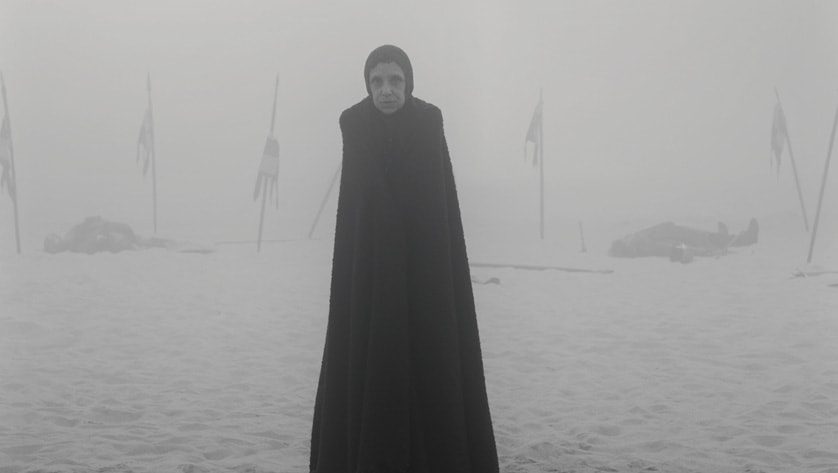
Soon, we see Macbeth and Banquo, the Thane of Lochaber and a general in King Duncan's army, walking across a heath. The Weird Sisters, who had been waiting for Macbeth, address the Thane of Cawdor. "All hail Macbeth. Hail to thee, Thane of Glamis. All hail Macbeth. Hail to thee, Thane of Cawdor. All hail Macbeth. That shalt be king hereafter," say the three witches, putting forth a prophecy implying that Macbeth will become the Thane of Cawdor and then the King of Scotland.
Then, when Banquo approaches the Weird Sisters skeptically, they tell him that he will father a line of kings. Later, Ross informs Macbeth that he has been made the new Thane of Cawdor. Immediately, Macbeth starts to think about the prophecy; he worries that his ambition is beginning to take over his morality and loyalty. Soon, Lady Macbeth receives a letter from her husband in which he explains the Weird Sisters' prophecy. She rejoices at the fact that, despite their old age, they can have a taste of true power.
Lady Macbeth is soon informed that her husband and King Duncan are coming; she begins to plot the king's death in her mind. Afterward, she convinces the troubled Macbeth that he must kill the king and secure the crown for himself. However, Macbeth feels guilty because he is the king's kinsman, subject, and host. He tries to abandon the murder plan but Lady Macbeth tells him that he'll be a "greater man" if he goes ahead with it. She adds that after the murder, they'll grieve King Duncan's death so that no one will suspect them.
The Tragedy of Macbeth Ending: Does Macbeth Kill King Duncan? Does He Become the King of Scotland?
Thus, at night, Macbeth goes to King Duncan's room — where the grooms are intoxicated thanks to Lady Macbeth — and plunges a knife into his ruler's throat. Lady Macbeth gets excited about the murder, but Macbeth is clearly horrified at his actions. He begins to hear voices that tell him that he "killed sleep" and that he shall sleep no more; a loud thudding sound also begins to bother him. We thus see the beginnings of Macbeth's descent into madness — his guilt manifests in the form of sounds, whispers, and black ravens.
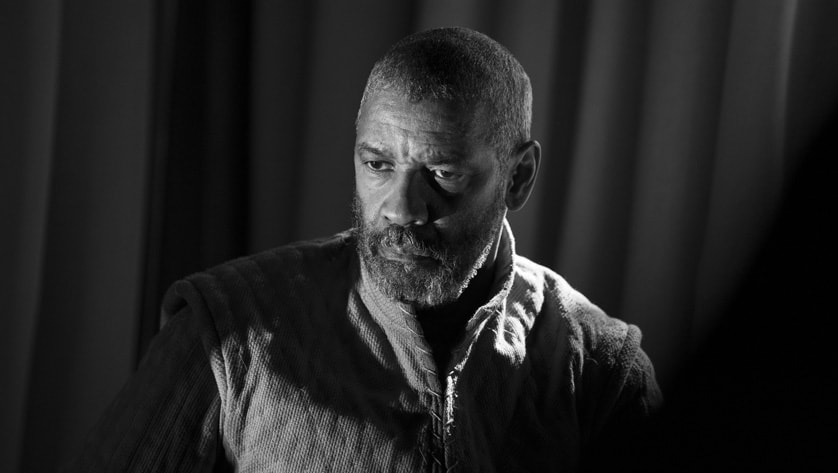
Then, Macduff, the Thane of Fife, arrives at the castle. He goes to meet King Duncan and finds him dead. Quickly, whilst the others are occupied, Macbeth kills the two drunken grooms to make it seem like they were the murderers. Soon, there is an uproar in the castle and Macbeth pretends to be deeply affected by his king's death.
Knowing that they are in danger, Duncan's sons, Malcolm and Donalbain, decide to flee to England and Ireland, respectively. Later, Macbeth goes to Dunsinane to be crowned the King of Scotland. Thus, the Weird Sisters' prophecy comes true. Of course, we can say that Macbeth simply needed some encouragement — supernatural or otherwise — to commit a political assassination to acquire the power he has craved for years.
Meanwhile, Macbeth realizes that Banquo and his son, Fleance, are threats to him because of the Weird Sisters' final prophecy; for self-preservation, he decides to cast aside their long-standing military and personal relationship. Thus, the King of Scotland hires two thugs to go and kill the Thane of Lochaber and his son. At this point, we realize that Macbeth is falling deeper into the pit of immorality, blinded by his greed.
In another scene, we see that Macbeth is furious at the possibility that his hard work (read: murder) might result in Banquo's descendants enjoying the throne in the future. He rages, to Lady Macbeth, that he didn't bloody his hands for a "fruitless crown." Thus, we see that the royal couple is unable to think beyond themselves.
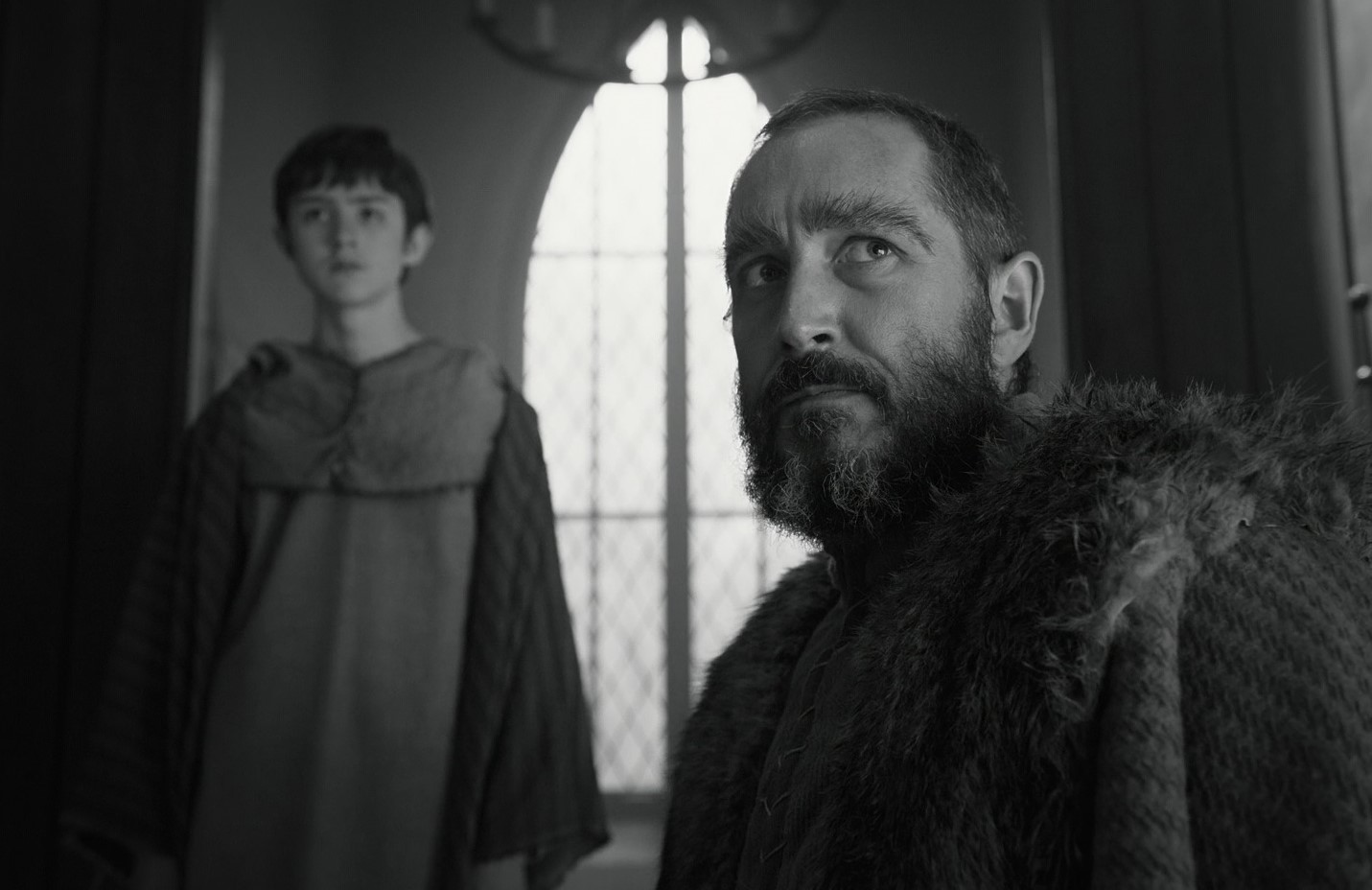
The thugs manage to kill Banquo but Fleance escapes. In fact, Ross helps the Thane of Lochaber's son flee to safety. We realize that Ross has been serving only himself all along, shifting allegiances based on who's on the winning side. At the royal feast, Macbeth is tormented by Banquo's ghost and the ravens. The court witnesses Macbeth losing his mind and shouting about the murders; Lady Macbeth tries to calm him down. We notice that the weight of guilt rests more heavily on the King's shoulders than the Queen's. This could be because Macbeth, an army man, is struggling with being disloyal, whilst the Queen is simply appreciating what she believes is their right.
The next day, Macbeth decides to speak to the Weird Sisters again. Perched on the roof, the witches allow him to talk to their master. In the water on the floor under his feet (which acts as the cauldron), Macbeth sees the faces of children — the future rulers. One child tells him that Macduff is a threat and another tells him that he needs to be "bloody and resolute" because "none of woman born shall harm Macbeth." A third child says, "Macbeth shall never vanquished be until great Birnam Wood to high Dusinane Hill shall come against him."
At this point, we realize that Macbeth is feeling quite safe but it is impossible for a man to not be born from a woman — thus, no one can kill the King. Additionally, it isn't possible for the woods themselves to come to the castle, so Macbeth is reassured that he is invincible. However, we soon find out that he is hearing only what he wants to hear. Plus, he wishes to be comforted about the fact that he will not have to face the consequences of his heinous crimes.
Does Ross Kill Lady Macbeth? Who Kills Macbeth?
Lady Macbeth comes to tell her husband that Macduff has fled to England (where we know Malcolm is). Thus, Macbeth decides to attack the kingdom of Fife since Macduff has made his loyalties very clear. In fact, right after King Duncan's death, Macduff was suspecting Macbeth of being the murderer but didn't actually act on it.
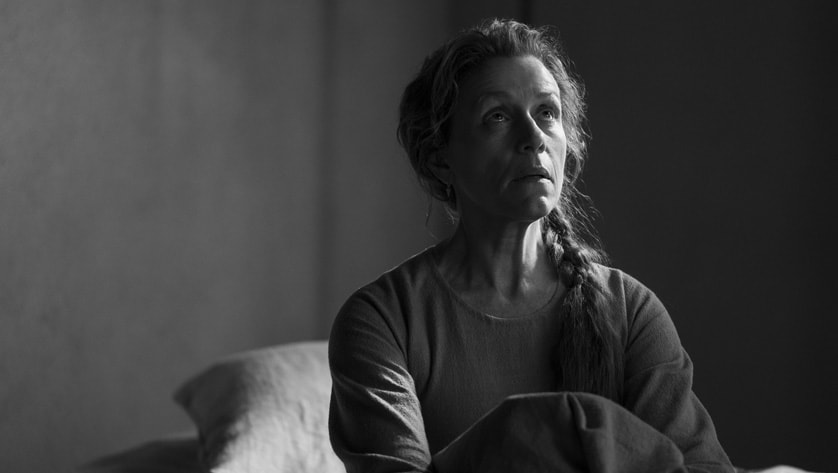
Soon, Lady Macbeth starts to pluck her hair and stops taking care of herself. The massive psychological strain of being involved in a political assassination has taken its toll on her as well. Plus, watching her husband turn into a fuming shadow of his former self is hurting the Queen. Then, we see that Ross meets Macduff's wife and children right before they are murdered by Macbeth's soldiers.
Ross rushes to meet Malcolm and Macduff and, upon realizing that they're planning to wage war on Dusinane, informs them that the Thane of Fife's family has been killed. Clearly, Ross does this to save his own neck and be in the good graces of those who are most likely to be the winners. Malcolm is planning to attack Macbeth's castle with Siward, the Earl of Northumberland and King Duncan's brother, and 10,000 men. Macduff promises to kill Macbeth himself as an act of revenge.
Meanwhile, in Dusinane, Lady Macbeth has lost control of herself. She wanders the hallways in her nightgown, holding a candle aloft and talking to herself about the murders. The maid informs the doctor that the Queen walks in her sleep most of the time. Lady Macbeth also keeps washing her hands (she images them to be bloody) and wails. Clearly, guilt, sorrow, and a deep sense of loss have taken over her soul.
Macbeth is informed by Seyton, the King's chief servant, and others that Malcolm's soldiers are coming. Meanwhile, Ross approaches Lady Macbeth, who is standing miserably at the top of a staircase. In the next scene, Seyton informs Macbeth that the Queen is dead. Clearly, Ross pushed her from the top of the stairs — her limp body is later seen at the bottom. This is a distinct departure from Shakespeare's original work, in which it is suggested that Lady Macbeth kills herself. However, Ross' actions signify how dangerous the game of politics is. By killing the Queen, he ensures that Macbeth's downfall is partially guaranteed.
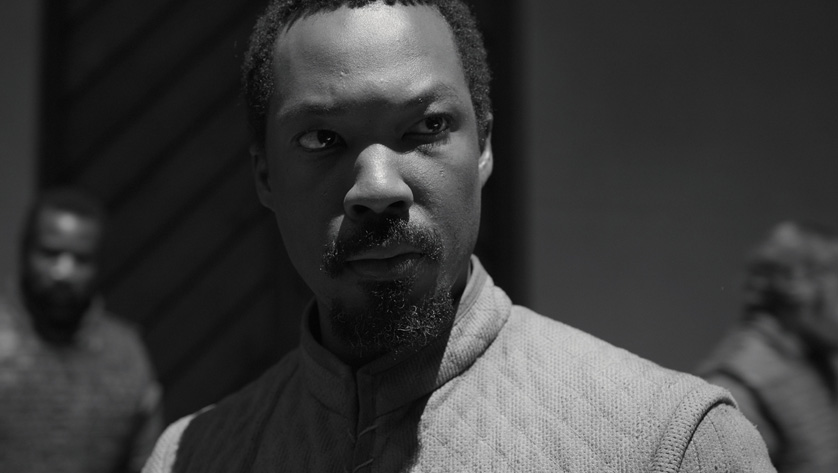
Then, Macbeth is informed that the woods have begun to move. Until this point, Macbeth was foolishly unafraid of the war because he thought he was invincible. However, we realize that the Weird Sisters' prophecy is to be taken quite literally — Malcolm, Siward, and Macduff's soldiers are carrying leafy branches and moving towards the castle, giving the impression that an entire forest is on the move.
Siward enters the castle and finds Macbeth on the throne. Fuming, he attacks the King with a sword; Macbeth coolly dodges him. He asks if Siward was born of a woman; his manner implies that he's still sure that no man has not been born of a woman and thus believes that he cannot be killed. Quickly, Macbeth kills Siward.
Macbeth goes out and encounters Macduff, who is here to avenge his family. The two fight viciously with swords and in a single sweeping movement, the Thane of Fife decapitates Macbeth. In fact, Macbeth loses his head because he bends down to pick up his crown which had fallen. Thus, in another cruel twist of fate (or perhaps justice), Macbeth dies trying to wear the crown he killed for. Although it is not explained in the film, the play highlights that Macduff was born with the help of a Cesarean section. Thus, again, the witches' prophecy is to be taken literally — Macduff was not born naturally from a woman's body and thus is the one to ultimately kill Macbeth.
Who Becomes the New King of Scotland After Macbeth? Where is Banquo's Son, Fleance?

Ross takes the crown and Macbeth's head and approaches Malcolm, who is now the new King of Scotland as he is King Duncan's eldest son. Later, we see Ross meet the Old Man (the Weird Sisters in disguise) and realize that he had been conspiring with the supernatural powers all along. The Old Man hands Fleance over to Ross, and we discover that the Scottish noble plans to take Banquo's son to court so that the witches' prophecy can come true. Thus, the late Macbeth's carefully planned political murders prove to be fruitless because the prophecy finds a way to make itself come true thanks to the King's inability to see past his greed and shame.
Read More: Is The Tragedy of Macbeth Based on a True Story?
Source: https://thecinemaholic.com/the-tragedy-of-macbeth-ending-explained/



